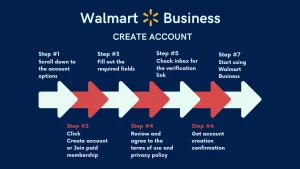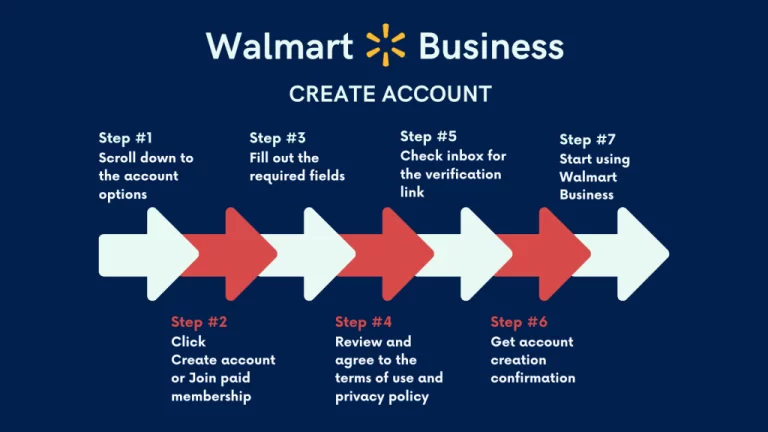
Introduction to Freelance Editing Jobs
Freelance editing jobs have become increasingly popular in today’s digital age. As the demand for high-quality written content continues to rise, so does the need for skilled freelance editors who can polish and refine that content. If you have a keen eye for detail, a passion for language, and the ability to improve the clarity and coherence of written material, then freelance editing might be the perfect career path for you.
Types of Freelance Editing Jobs
Freelance editing encompasses a wide range of roles and responsibilities, catering to various content types and industries. Some common types of freelance editing jobs include:
- Copyediting: Involves checking for grammar, punctuation, and spelling errors, as well as ensuring consistency in style and formatting.
- Substantive Editing: Focuses on the overall structure and organization of a piece of writing, including content flow, clarity, and coherence.
- Academic Editing: Involves editing scholarly papers, theses, and dissertations to meet academic standards and guidelines.
- Technical Editing: Requires expertise in editing technical documents, manuals, and reports within specific industries such as engineering, IT, or science.
- Editorial Freelancing: Involves working with publishers, literary agents, or individual authors to refine manuscripts and prepare them for publication.
Skills and Qualifications Required
To succeed in the world of freelance editing, it’s essential to possess a diverse set of skills and qualifications. Some of the key skills and qualifications required for freelance editing jobs include:
- Exceptional Grammar and Language Skills: A strong command of grammar, punctuation, and language usage is essential for any freelance editor.
- Attention to Detail: The ability to spot errors and inconsistencies in written content is crucial for delivering high-quality editing services.
- Proficiency in Style Guides: Familiarity with style guides such as APA, MLA, Chicago, or AP is often necessary for editing within specific industries or academic disciplines.
- Time Management: Freelance editors must be adept at managing their time effectively to meet deadlines and deliver projects on schedule.
- Strong Communication Skills: The ability to effectively communicate with clients and understand their editing needs is vital for success in freelance editing.
- Industry Knowledge (for Technical Editing): Technical editors should have a solid understanding of the subject matter within their respective industries to ensure accuracy and precision in their editing work.
Finding Freelance Editing Jobs
Now that you understand the various types of freelance editing jobs and the skills required, it’s time to explore how to find these opportunities:
Freelance Platforms:
Platforms such as Upwork, Freelancer, and Fiverr offer a plethora of freelance editing jobs across different industries and content types. These platforms allow you to create a profile, showcase your skills and expertise, and bid on editing projects posted by clients.
Job Boards:
Specialized job boards like FlexJobs, Mediabistro, and JournalismJobs often feature freelance editing opportunities in the fields of media, publishing, and content creation. Regularly checking these job boards can help you discover new freelance editing gigs.
Networking and Referrals:
Building a strong professional network within the writing and publishing community can lead to valuable freelance editing opportunities. Stay connected with writers, authors, and content creators, as they may require editing services or refer you to potential clients.
Content Agencies:
Many content marketing agencies and digital marketing firms hire freelance editors to refine and enhance the written content they produce for clients. Research and reach out to these agencies to explore collaboration opportunities.
Setting Your Rates and Negotiating Contracts
One of the key aspects of working as a freelance editor is determining your rates and negotiating contracts with clients. When setting your rates, consider factors such as the complexity of the editing work, the level of expertise required, and the industry standards. It’s essential to communicate your rates clearly and professionally to potential clients and be open to negotiating terms that are mutually beneficial. Establishing a clear contract outlining project scope, deadlines, payment terms, and revisions is imperative to ensure a smooth working relationship with your clients.
Building a Strong Portfolio
Creating a compelling portfolio that showcases your editing skills and previous work is essential for attracting clients and demonstrating your expertise. Your portfolio can include samples of edited documents, before-and-after comparisons, client testimonials, and any relevant certifications or training you have completed. A professional and visually appealing portfolio can set you apart from other freelance editors and instill confidence in potential clients regarding your capabilities.
Continuing Education and Skill Development
As the field of editing continues to evolve, it’s important to stay updated on industry trends, new editing tools, and best practices. Pursuing continuing education courses in editing, language usage, or specific industry sectors can enhance your skills and make you more competitive in the freelance editing market. Additionally, staying informed about advancements in digital editing software and tools can help streamline your editing process and improve your overall efficiency.
Conclusion
Freelance editing offers a rewarding and flexible career path for individuals with a passion for language and a knack for refining written content. By honing your skills, building a strong network, and showcasing your expertise, you can carve out a successful freelance editing career. With the increasing demand for high-quality written content in various industries, the opportunities for freelance editors are abundant, making it an exciting time to pursue a career in freelance editing. Whether you’re looking to work with authors, businesses, or academic institutions, the diverse nature of freelance editing jobs provides a wealth of opportunities to leverage your skills and make a meaningful impact on the quality of written content across different platforms and industries. Embracing this dynamic and ever-evolving field can lead to a fulfilling and prosperous career as a freelance editor.










+ There are no comments
Add yours